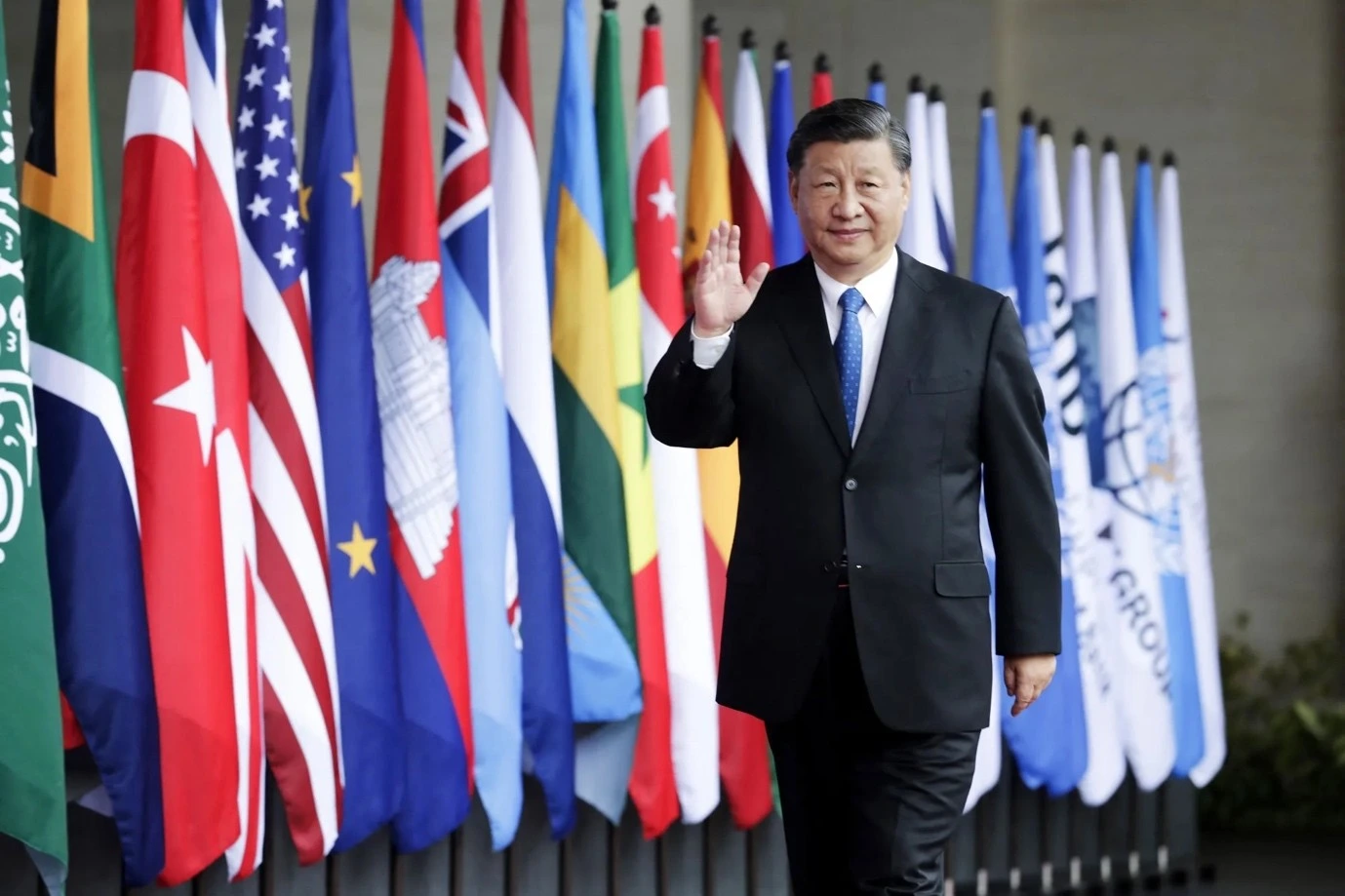China Establishes IOMed in Hong Kong
 China Establishes IOMed in Hong Kong
China Establishes IOMed in Hong KongAlong with numerous allies and friendly nations, China formally founded the International Organization for Mediation (IOMed), a movement destined to change the scene of world conflict resolution. Initiated during a public event in Hong Kong attended by 32 founding signatory nations, with over 80 countries and 20 international organizations sending representatives to observe the event, this new international arbitration body was opened. The beginning of IOMed represents a major turning point in China’s rising attempts to create alternative global institutions, particularly in a geopolitical setting progressively shaped by power competition and changing alliances.
Hong Kong, a global financial centre with semi-autonomous government under Chinese control, hosted the ceremonial signing and opening ceremony. Among the notable attendees were Pakistan’s Foreign Minister, Ishaq Dar, who spoke for his nation in endorsing China’s project. His involvement highlighted the strategic cooperation between China and Pakistan, sometimes referred to as the “iron brotherhood” by authorities from both countries. Dar sincerely congratulated his Chinese counterpart, Foreign Minister Wang Yi, at the ceremony on China’s leadership in creating such a forum for peaceful dispute resolution. In turn, Wang Yi thanked Dar for her attendance, therefore reinforcing the strong diplomatic relations between the two countries.
Hosting this project, the Hong Kong government has presented IOMed as an intergovernmental tool meant to settle conflicts by peaceful dialogue, mediation, and arbitration, offering a substitute for the sometimes hostile and politicized methods of other international courts and tribunals. This project coincides with a period of doubt about the global rules-based system, especially regarding the advent of unilateralist policies in the West. Popularized by former U.S. President Donald Trump, the now mostly failing “America First” approach sparked uncertainty throughout international organizations and led several nations to examine other models where their views would have more impact.
One may read China’s founding of IOMed as both a reaction to and a result of this changing global environment. Beijing has seen a strategic chance to promote multilateralism under a new banner, one that may reflect a wider spectrum of global voices, especially those from the Global South, where conventional Western-dominated institutions like the United Nations Security Council and the International Court of Justice are under attack for their inefficacy or bias. By starting IOMed, China presents itself not just as a regional force but also as a responsible global leader able of fostering diplomatic communication and advancing world peace and stability.
Involvement of Foreign Minister Ishaq Dar also indicates Pakistan’s continuous allegiance to China on important international venues. A Foreign Office spokesman from Pakistan claimed that this incident was the second encounter between Dar and Wang Yi over a mere ten days. The regularity of these high-level contacts emphasizes Islamabad’s and Beijing’s depth of cooperation and mutual confidence. Both parties underlined during the occasion their relentless dedication to enhancing the Pak-China strategic cooperation and their happiness with the execution of previously decided upon policies and cooperative projects.
Apart from bilateral issues, the two foreign ministers also discussed more general regional and worldwide ones. These talks probably included the changing security environment in South Asia, Belt and Road Initiative (BRI) economic cooperation, and the need of multilateral diplomacy in conflict resolution. In this respect, the IOMed might provide a new forum for resolving such issues, providing nations with a neutral and productive platform to mediate and settle disputes outside of conventional Western legal or diplomatic lines.
Furthermore, noteworthy is Hong Kong’s symbolism as the site of the launch for this company. Hong Kong is still among the most developed legal and financial centre in Asia despite its complicated political situation and recent turmoil. Based on both common law and civil law traditions, its sophisticated legal system offers a perfect environment for mediation and arbitration. Hong Kong’s selection shows China’s will to make use of its own resources to furthermore general worldwide goals.
Moreover, the attendance at the event, representatives from more than eighty countries and twenty international organizations, showcases the general appeal of a facility such as IOMed. Many countries, especially those in Africa, Latin America, and Southeast Asia, have long expressed dissatisfaction at being excluded from the present global legal system. For these nations, IOMed can provide a fairer forum for conflict resolution, safeguarding of sovereignty, and avoidance of involvement in the geopolitics of more established, but frequently polarizing institutions.
Although its development signals a significant turning point in the continuous development of global governance, its effectiveness is yet unknown. IOMed may progressively become popular among nations looking for fair and culturally sensitive approaches of conflict resolution by providing a substitute for conventional arbitration organizations seen as unduly swayed by Western powers. It also marks a change in international legal diplomacy, whereby rising nations like China actively shapes the norms of engagement in addition to playing a part in world events.
Critics would contend that these kinds of establishments might be means of extending Chinese geopolitical influence. Proponents, however, view this evolution as a required rebalancing in a multipolar environment. IOMed has the potential to become a reputable venue for international conflict resolution if it maintains values of impartiality, openness, and justice.
To alter the boundaries of international conflict settlement, China and its partners have ultimately taken a bold and calculated action in forming the International Organization for Mediation (IOMed). Supported by more than thirty founding signatories and strong global community interest, IOMed provides a timely substitute for peaceful arbitration in a world progressively defined by geopolitical division and institutional tiredness. The world will be closely observing whether IOMed can fulfil its pledge to support diplomacy, de-escalate tensions, and promote harmony among countries by discussion, not discord, as it starts its job.












